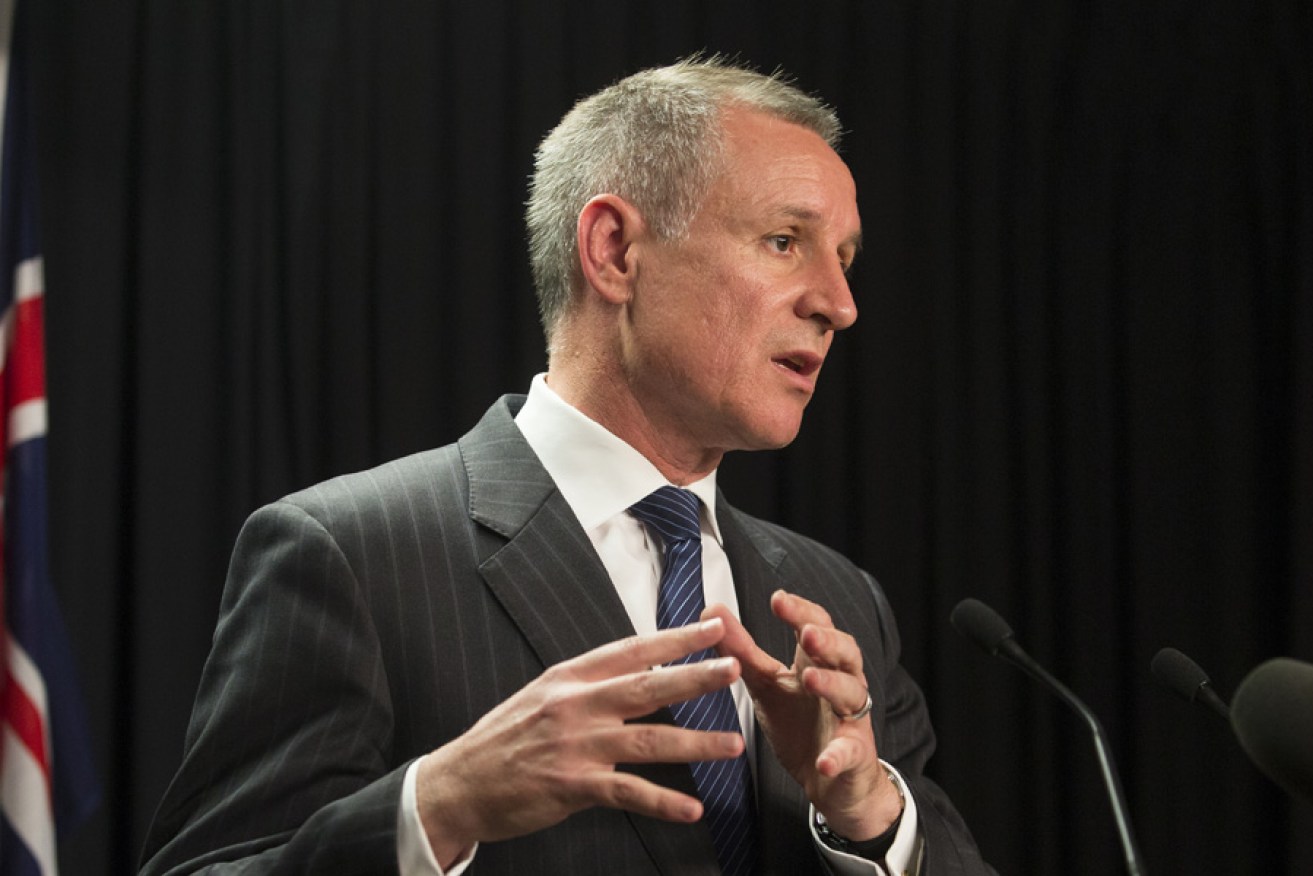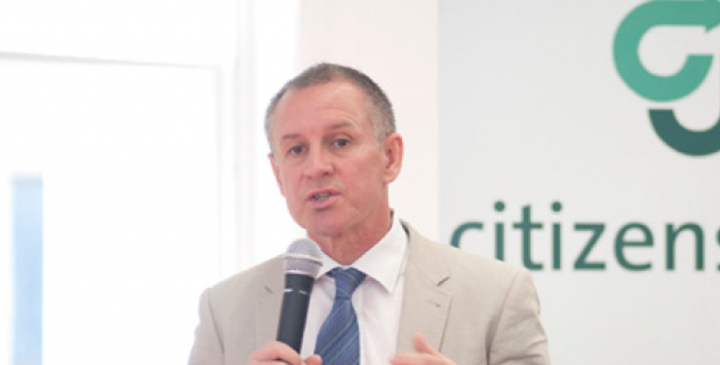Ideas for SA shouldn’t be preserve of elites

Jay Weatherill says the NDIS will create thousands of jobs for South Australians.
In this response to our question – does Adelaide still care about ideas? – Jay Weatherill argues his Government is going beyond elite opinion to give ordinary South Australians the power to influence debate.
It is true that the power of our ideas will help to drive and sustain South Australia’s future.
But when we think about “the next big things” it is important to ask who gets to decide what these are – and who gets included in the discussion.
As Premier, I have made a conscious effort to make the realm of ideas an opportunity for every citizen.
Experts and intellectual endeavor remain important but they should inform and serve the values and aspirations of citizens – not dictate them.
Aside from a philosophical belief in democracy, there are good reasons to strengthen the participation of people who have not traditionally thought themselves capable of influencing big ideas.
In a practical sense more people should be involved in generating and debating ideas because it helps us to make better decisions as a state.
One of the greatest resources we have is the common-sense judgment of everyday people.
As we go about our daily lives we are all confronted with choices that force us to consider new information, reassess our priorities and make compromises.
This requires us to deal not just with the rational or technical issues at hand but also the emotional effects and ethical implications of the choices we make.
Pooling that capacity for considered judgment can help our state prosper.
Further, the more we can involve everyday people in decisions that affect their lives, the more enduring the commitment to those decisions will be.
If ideas are ultimately about improving or enriching lives, then they should not be the sole province of academic, cultural or even political elites. Everyday people need to have more of a say in matters.
Too often we have outsourced the responsibility for “big ideas” or “solutions to big problems” to experts.
Too often those same ideas fail because, rightly or wrongly, they suffer from a perception of being grounded in an intellectual pursuit rather than an authentic effort to improve people’s lives.
The great challenge we have is to find ways that give everyday people more opportunity to participate in identifying and solving the problems that confront us as individuals and as a state.
There are a number of ways we have begun to respond to this as a State Government.
We have established citizens’ juries to deliberate on long-standing dilemmas.
These panels of randomly-selected South Australians draw on expert advice and have made recommendations to government on issues such as how to make our city nightlife both safe and vibrant and on how we can help cyclists and motorists share the road safely.
Recommendations from these juries are driving legislative change and funding for initiatives identified as important by the community.
We have also supported citizens and community organisations with funds and professional advice to collaboratively develop solutions that respond to difficult social issues.
These “community challenges” have brought people from outside government together on issues that range from providing better information to new parents to changing the way we look at ageing so that we can better support people to live full and flourishing lives.
Most recently we have put $1 million on the table through Fund My Community for community organisations to describe projects that will address disadvantage.
Rather than government selecting the winning ideas, Fund My Community encourages members of the public to go online and make the decisions about which projects should get funded and to what level. These funding choices will be implemented by government without modification.
For some, an evening spent discussing big ideas in a basement bar can no doubt provoke enjoyable debate worthy of a wider airing. For others it’s just too much to fit into their already busy daily lives.
Ministers and senior public servants continue to get out of the office more to listen to ideas and opinions from members of the community through our Country Cabinet program and Cabinet meetings held outside of the CBD.
In isolation, none of these initiatives carries the gravitas of a single “institute” or “centre” charged with generating ideas – but that should not be the test of their value.
Instead they should be considered as an ideal complement to the host of local organisations InDaily has quite rightly identified as making outstanding contributions to intellectual endeavours in South Australia and beyond, such as RiAus, Thinkers in Residence and our cultural institutions.
Organisations like these have often been established with government funding and many continue to benefit from the direct financial support of the State Government.
But not all good ideas need to originate in or be fully-funded by government. Thinkers in Residence continues with government support – just not under a government banner. We are exploring similar opportunities for the Festival of Ideas.
If ideas are ultimately about improving or enriching lives, then they should not be the sole province of academic, cultural or even political elites.
Everyday people need to have more of a say in matters.
For some, an evening spent discussing big ideas in a basement bar can no doubt provoke enjoyable debate worthy of a wider airing.
For others it’s just too much to fit into their already busy daily lives.
To give these people more opportunity we need to look beyond the traditional ways ideas have been formed and debated.
Digital technology offers some promise to involve more people. Indeed, the fact that InDaily exists is a triumph for South Australian democracy.
InDaily’s article last week about the power of ideas is a welcome addition to the discussion about ways ideas can shape our future. Finding more ways – especially ones that turn ideas into actions that improve and enrich lives – is the urgent work of our democracy.
Jay Weatherill is the Premier of South Australia.





